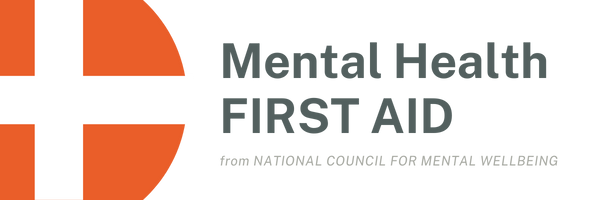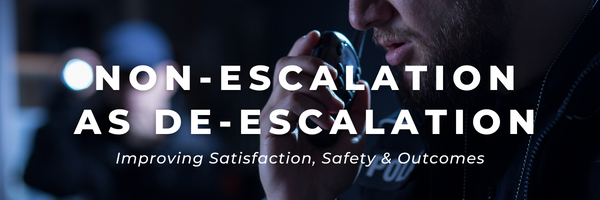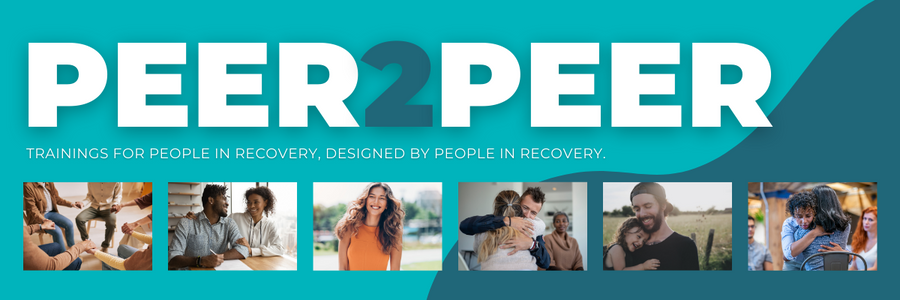Trainings
Mental Health America of Northern Kentucky and Southwest Ohio wants to give you the information and resources that you are looking for as you learn about mental wellness. We recognize that the first step in getting or giving help is education or becoming knowledgeable and we are glad you chose to learn through MHANKYSWOH. It is our commitment to give you the best information supported by research, evidence, and best practice.
We can help you learn in a variety of ways. MHANKYSWOH plans events throughout the year that help the community to promote mental wellness and healthy lifestyle. Our events provide a positive experience and help create awareness so that people feel empowered to reach out when they need help and never lose hope. Our trainings are organized based on what the community needs. Trainings are for professionals and the community alike striving to build a strong community focused on health and wellness. You can count on us to share the latest news and emerging best practices with you.
 Mental Health First Aid is a course that teaches you how to identify, understand and respond to signs of mental illnesses and substance use disorders. The training gives you the skills you need to reach out and provide initial help and support to someone who may be developing a mental health or substance use problem or experiencing a crisis.
Mental Health First Aid is a course that teaches you how to identify, understand and respond to signs of mental illnesses and substance use disorders. The training gives you the skills you need to reach out and provide initial help and support to someone who may be developing a mental health or substance use problem or experiencing a crisis.
.png)
Crisis Intervention Team Training is 40-hours of comprehensive training to increase skills in relating to individuals with mental illness. Training emphasizes behavioral health-related topics, access to community-based services, de-escalation tactics, and crisis resolution skills. Training format consists of didactics/lectures, on-site visitation and exposure to several behavioral health facilities, intensive interaction with individuals with mental illness and substance use disorders, and scenario-based de-escalation training. Experience has shown this is a minimum level of training hours. Materials covered are complex. Far beyond simple cognitive retention of the material, the desired learning outcome for this training is the adoption and retention of behavioral changes.

Non-Escalation as De-Escalation: Improving Satisfaction, Safety and Outcomes is based on the Vistelar model of unified conflict management. The focus of this training is on predicting and preventing conflict (non-escalation), reducing challenging behaviors before they become violent (de-escalation), and interacting with people who have lost their ability to make safe decisions and control their behavior due to cognitive challenges or mental illness (crisis management).
This training has an emphasis on trauma responsiveness (being cognizant that people may be struggling in some way that prevents them from behaving typically) and closing interactions with the best possible outcome (ending safely, establishing a positive foundation for any future interactions and reflecting with the goal of improving future performance). It has been found appropriate for individuals who spend time interacting with the public including healthcare, behavioral health, education, security, social services, home visitation, hospitality, customer service, transit, and law enforcement.

Current disparities and disproportionalities data on LGBTQ+ communities highlight the importance of more tailored and culturally responsive substance use and mental health services throughout the lifespan. This data has shown that LGBTQ+ populations of all ages disproportionately experience more instances of mental health and substance use disorders, suicidality, and poor wellbeing outcomes compared to their heterosexual and cisgender peers. Intersectionality is an important consideration when serving LGBTQ+ populations, considering age as well as race, ethnicity, socio-economic status, and ability.
An Introduction to Gender Identity and Sexual Orientation in Behavioral Healthcare provides an introduction to sexual orientation and gender identity, and increases the participant’s knowledge of the challenges for sexual minorities. Participants gain skills for recognizing and working with this population and providing culturally responsive services to LGBTQ+ individuals in mental health and substance use disorder treatment settings. Content focus areas include: definitions of gender identity, sexual orientation, physical health, mental health, substance use treatment, and other health-related concerns for LGBTQ+ populations. The curriculum also provides treatment strategies and considerations for clinical work that have been proven effective within this population.

Our Peer2Peer programming includes Adult Certified Peer Support Training (Ohio and Kentucky), Wellness Recovery Action Plan (WRAP) Workshops, the Kentucky Family Leadership Academy, Group Facilitation Skills Training, and Documentation Training.
